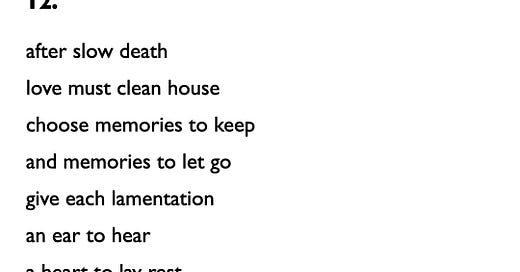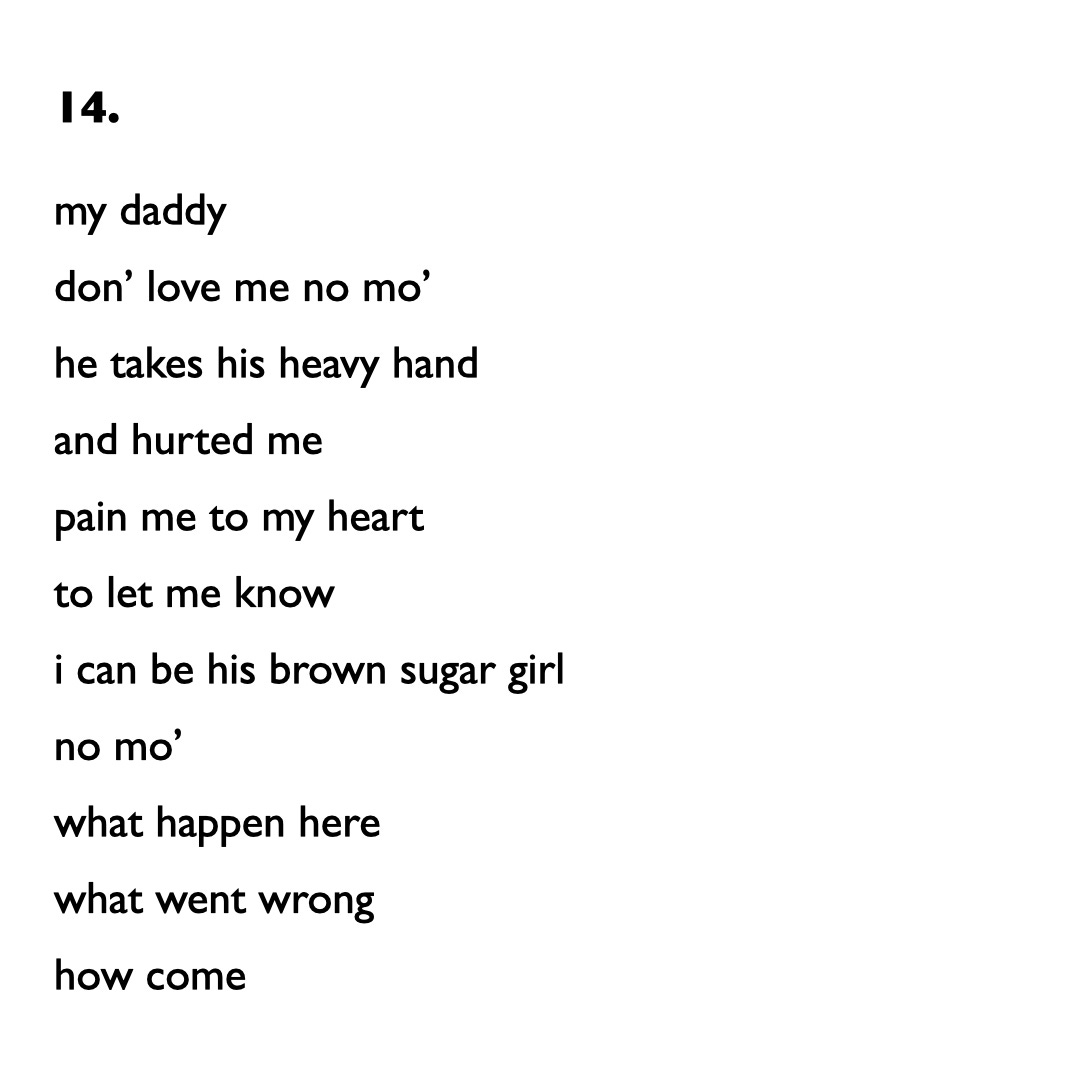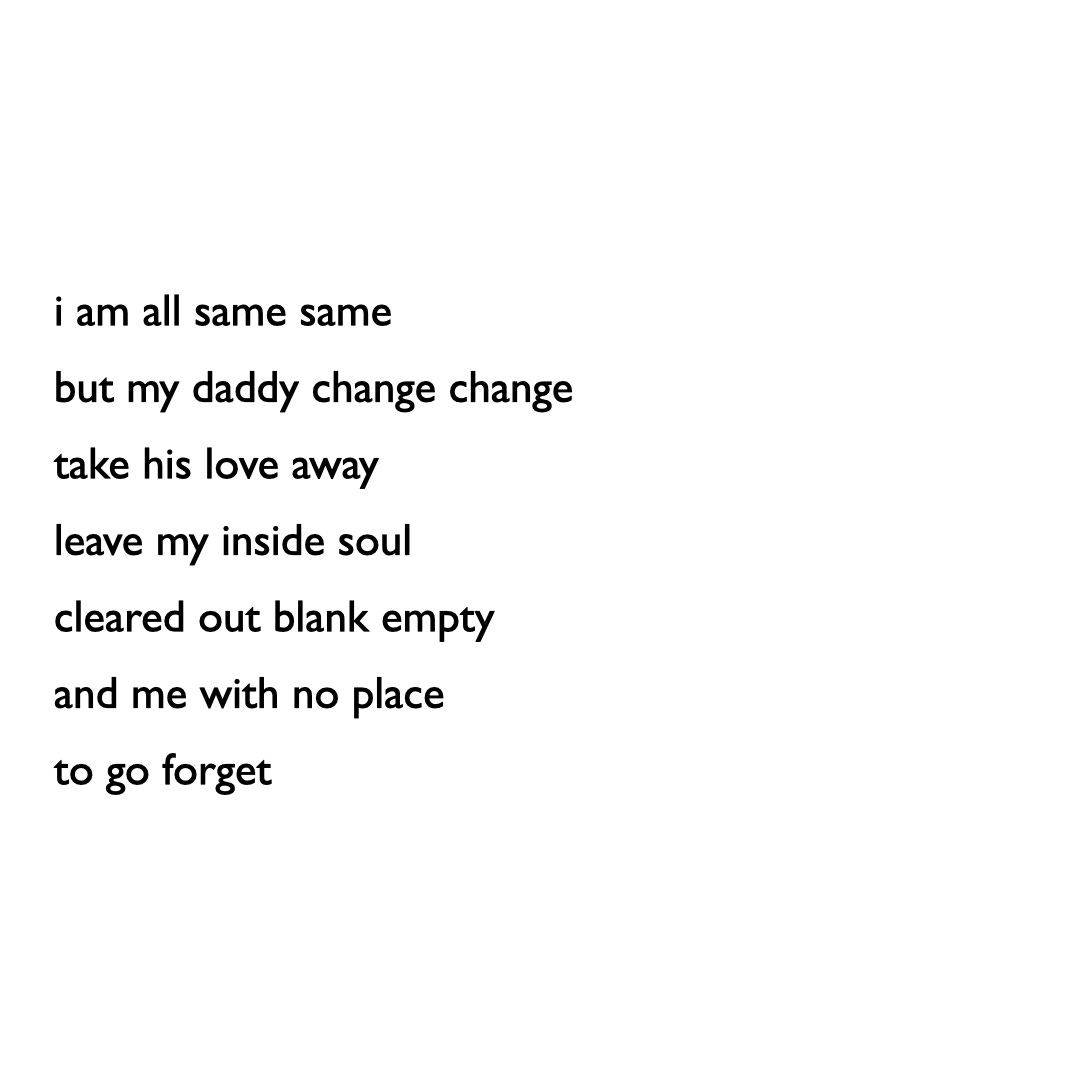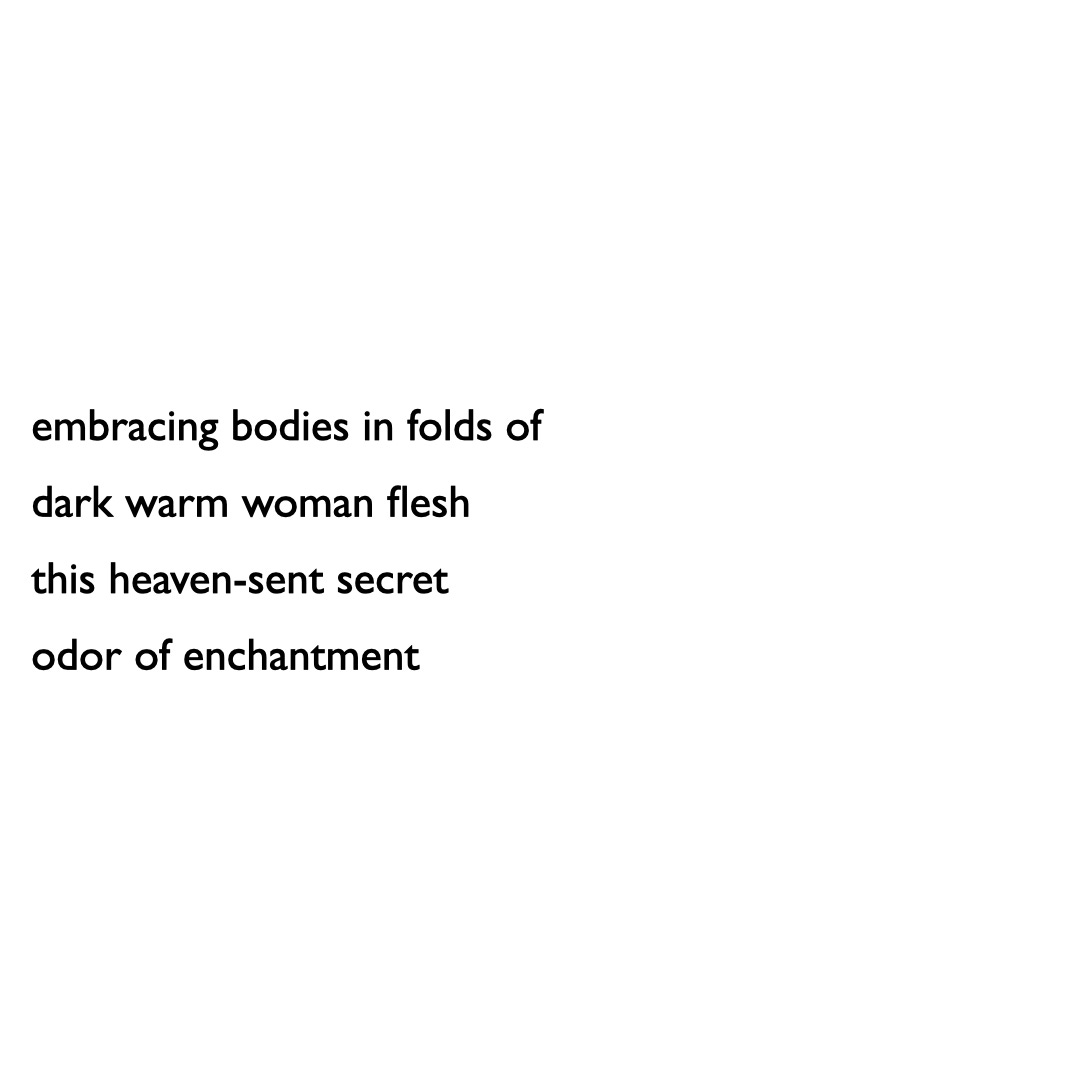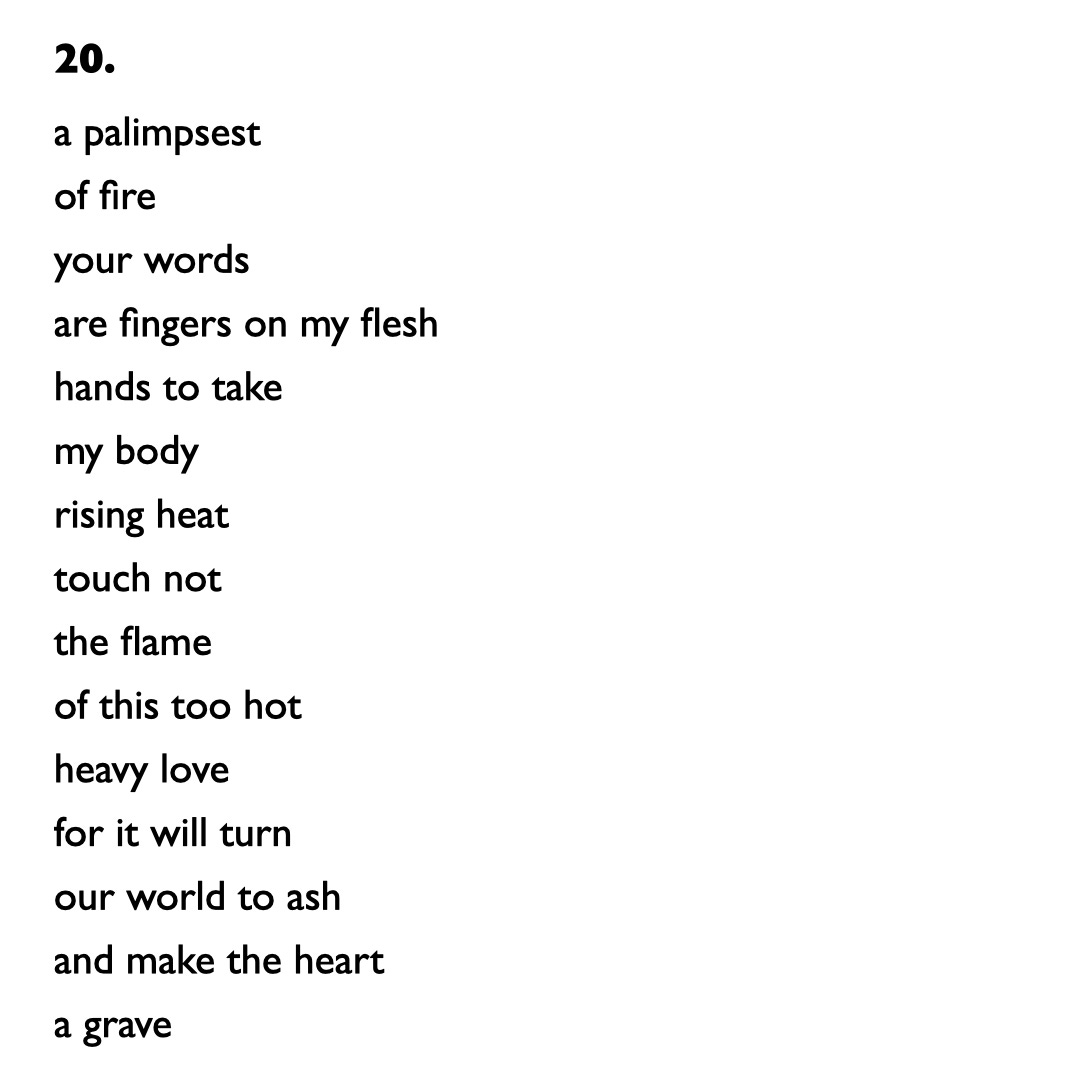Bell Hooks died yesterday at the age of 69. We have lost another whose life, whose intimate politics of transformative love has taught us how to believe that there is the possibility of another world: a world beyond this patriarchal gaze, this subconscious niggle, this anomaly of nature. What struck me most when I first met her writing in a gender and society class in college was the tremendous freedom, the sense of release, a celebration of self that permeated across her intersectional insights that coloured the domains of caste, class, nationhood and community. Her insights about ‘revolutionary parenting’ and the notion of how feminism could transform the family space have resonated with me recently, but as a young student of sociology I remember marvelling at how love was at the centre of her revolution, how she let the flame of desire, and the embers of loss give light to her politics. I want to share with you, today, her preface to her book All About Love: New Visions. It is a book that froths and simmers, bubbles with alternating dark and blazing prophecy, visions rinsed from a tongue scarred with loss and lust- a lust for life. Perhaps that is the only way to be - to imagine survival as involuntary, to find our companionship with the natural world that has thrown over the yokes of patriarchy, that accords the truth of continuity to forces outside of the male gaze.
“WHEN I WAS a child, it was clear to me that life was not worth living if we did not know love. I wish I could testify that I came to this awareness because of the love I felt in my life. But it was love’s absence that let me know how much love mattered. I was my father’s first daughter. At the moment of my birth, I was looked upon with loving kindness, cherished and made to feel wanted on this earth and in my home. To this day I cannot remember when that feeling of being loved left me. I just know that one day I was no longer precious. Those who had initially loved me well turned away. The absence of their recognition and regard pierced my heart and left me with a feeling of brokenheartedness so profound I was spellbound.
Grief and sadness overwhelmed me. I did not know what I had done wrong. And nothing I tried made it right. No other connection healed the hurt. “made it right. No other connection healed the hurt of that first abandonment, that first banishment from love’s paradise. For years I lived my life suspended, trapped by the past, unable to move into the future. Like every wounded child I just wanted to turn back time and be in that paradise again, in that moment of remembered rapture where I felt loved, where I felt a sense of belonging.
We can never go back. I know that now. We can go forward. We can find the love our hearts long for, but not until we let go grief about the love we lost long ago, when we were little and had no voice to speak the heart’s longing. All the years of my life I thought I was searching for love I found, retrospectively, to be years where I was simply trying to recover what had been lost, to return to the first home, to get back the rapture of first love. I was not really ready to love or be loved in the present. I was still mourning—clinging to the broken heart of girlhood, to broken connections. When that mourning ceased I was able to love again.
I awakened from my trance state and was stunned to find the world I was living in, the world of the present, was no longer a world open to love. And I noticed that all around me I heard testimony that lovelessness had become the order of the day. I feel our nation’s turning away from love as intensely as I felt love’s abandonment in my girlhood. Turning away we risk moving into a wilderness of spirit so intense we may never find our way home again. I write of love to bear witness both to the danger in this movement, and to call for a return to love. Redeemed and restored, love returns us to the promise of everlasting life. When we love we can let our hearts speak.
Rest in poetry.
rude reminder mitron abhi thoda tight chalre. money money money makes the world go round :) If the poems and the commentary resonate with you, do consider ‘buying me a coffee’.
(Matlab, if you can’t, that’s also fine, obviously. This is a free newsletter)
Note: Those, not in India, who’d like to support the work I do at Poetly, do write to me - poetly@pm.me. (Paypal has left the building)
Thanks for reading Poetly! Do subscribe if you are not reading this in your inbox. Cheers!

